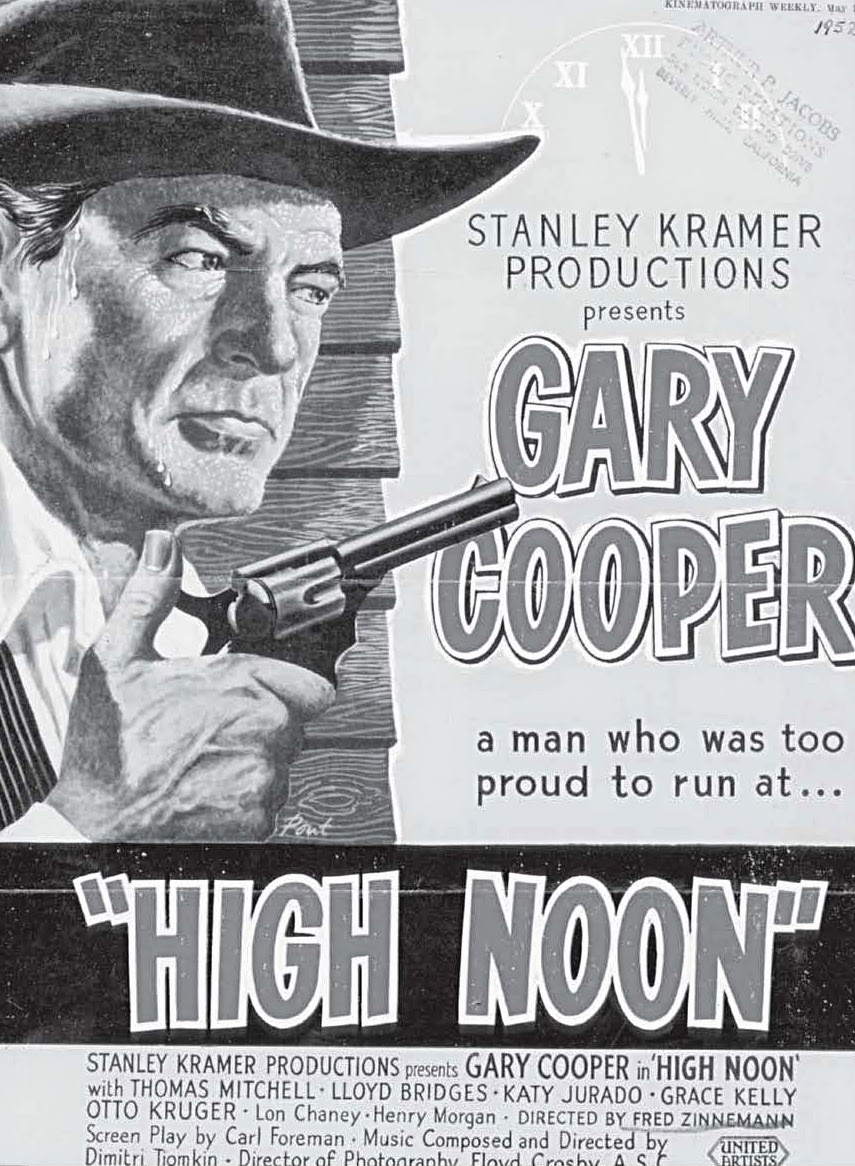Fred Zinnemann directed some of the most acclaimed and controversial films of the twentieth century from The Seventh Cross and The Search to High Noon, From Here to Eternity, and Julia.
J.E. Smyth is
the author of Fred Zinnemann and the Cinema of Resistance which offers a
compelling history of the director’s films dealing with war and resistance. Smyth
reveals the intellectual passion behind some of the most powerful films ever
made about the rise and resistance to fascism and the legacy of the Second
World War. This book is the first to draw upon Zinnemann's extensive papers at the Academy of Motion Picture Arts and Sciences and brings Fred Zinnemann's vision,
voice, and film practice to life.
Below, Smyth shares
some little-known facts about Fred Zinnemann.
1. He is the only director to win best short film (Benjy), best documentary (Benjy), best director (twice, From Here to Eternity and A Man for All Seasons), and best film (A
Man for All Seasons).
2. He worked with famed photographer Paul Strand
and the socialist government in Mexico to make a film about a successful
workers' strike, only to move on to the shorts department at MGM the next
year.
3. He was fired from All Quiet on the Western Front (as an extra) because he talked back to
an assistant director.
4. His film Behold a Pale Horse got Columbia a
three-year ban in Spain for being too critical of the government.
5. He introduced Rod Steiger, Montgomery Clift, and Marlon Brando
to the screen, but said Vanessa Redgrave was his favorite performer.
6. His production Man's
Fate (about the Chinese communist revolution) was cancelled after three
years of pre-production and a few days from the first shoot.
8. John Wayne called his western, High Noon, "The most un-American thing I've ever
seen."
9. He made the first international co-production about the
aftermath of the Holocaust, featuring real child survivors in the cast.
10. His first A-feature film, made during the war, was about
the first anti-Nazi resistance movements in Germany (and authored by a known
communist refugee, Anna Seghers).
11. He had the guts and sense of humor to make a
British-produced film about assassinating French president Charles de
Gaulle when France had just banned the UK from the Common Market.
12. The US Navy banned its servicemen from seeing From Here to Eternity because
of its critical portrait of the US Army.


Comments